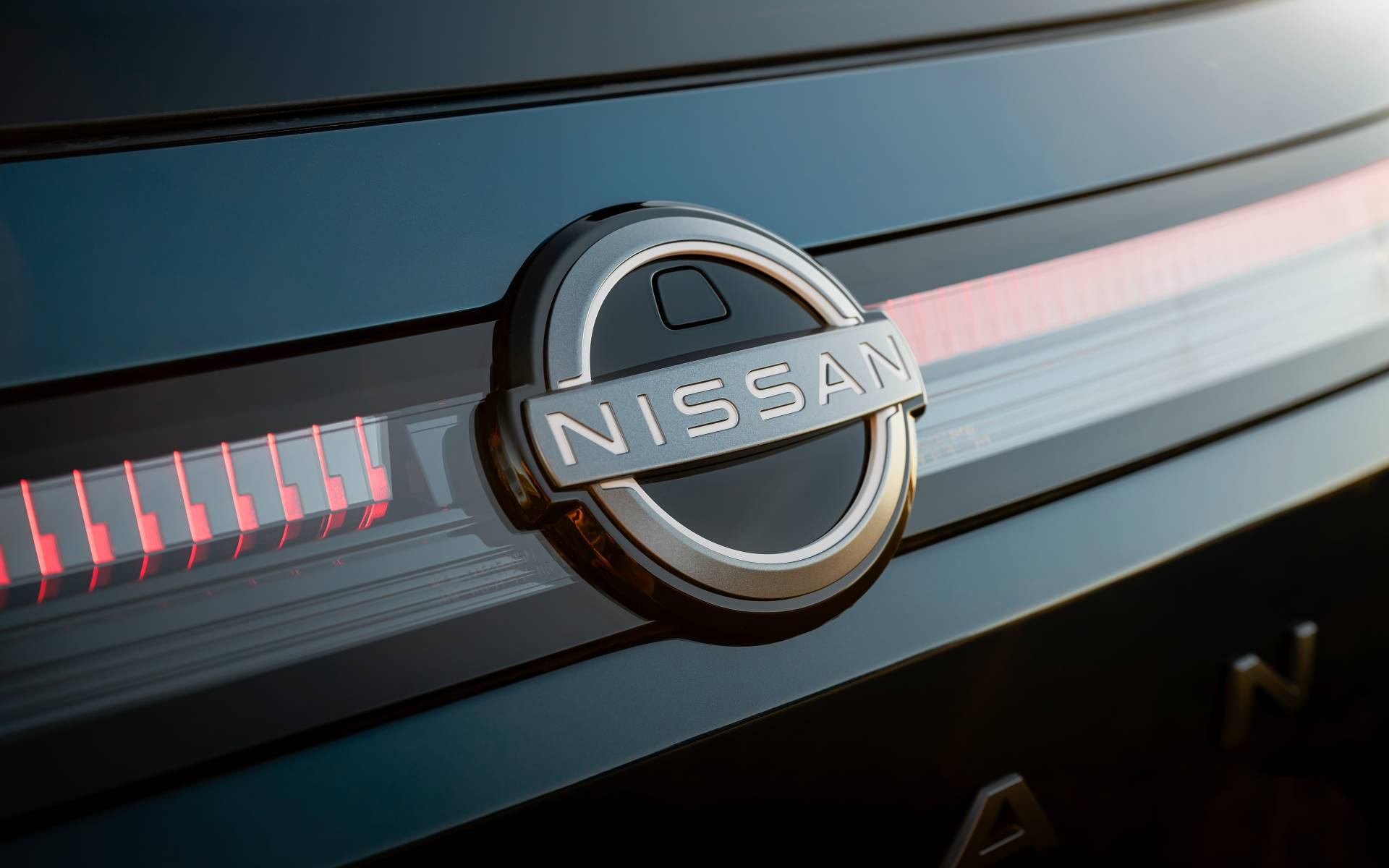Nissan Motor Co., one of Japan’s most iconic automakers, faces a critical period of financial uncertainty. Reports indicate that the company has only 12 to 14 months to stabilize its operations and secure its future.
This precarious situation is exacerbated by Renault’s decision to reduce its stake in Nissan, fundamentally altering the dynamics of their long-standing alliance. As Automaker seeks new investors and restructures its strategy, the automotive world watches closely, particularly with electric vehicle (EV) competition intensifying.
Nissan’s Financial Crisis: The Warning Signs
Nissan’s current predicament has deep roots in both internal and external challenges. Financial Times recently reported that the automaker is in “emergency mode,” facing severe cash flow issues and operational strains.
A senior Nissan official starkly warned, “We have 12 or 14 months to survive.” This statement underscores the urgency of the situation and the formidable challenges ahead.
A significant blow came from Renault, Nissan’s long-time ally, reducing its equity stake. This decision reflects Renault’s strategic shift toward focusing on its own electric vehicle (EV) development.
Once a cornerstone of the Renault-Nissan-Mitsubishi alliance, Renault’s gradual divestment has left a void that Nissan must urgently fill. Without a stable investor to replace Renault’s role, Automaker faces heightened financial vulnerability.
Read : Hyundai Shares Hit Record High in Seoul as India Unit Files DRHP
In addition to investor uncertainty, Nissan is grappling with operational challenges. The company recently announced over 9,000 job cuts and plans to reduce production by nearly 20%.
Read : Japanese Man Celebrates Sixth Anniversary with Virtual Wife Hatsune Miku
These measures highlight the severity of the crisis and Nissan’s efforts to streamline costs. However, such drastic steps also raise concerns about the long-term impact on the company’s workforce and production capabilities.
The Renault-Nissan Alliance: A Fractured Partnership
The Renault-Nissan alliance, formalized in 1999, was once heralded as a groundbreaking partnership in the automotive industry. Renault acquired a significant stake in this Automaker at a time when the Japanese automaker was struggling financially.
The alliance allowed both companies to share technology, platforms, and production facilities, achieving significant cost efficiencies. In 2016, Mitsubishi joined the alliance, further expanding its global reach and capabilities.

However, recent years have seen increasing strain within the partnership. Renault’s decision to reduce its stake in this Automaker marks a turning point. This move is part of Renault’s broader strategy to focus on electric vehicle development, reflecting the industry-wide shift toward electrification. While Renault’s divestment may make strategic sense for its own future, it leaves Nissan in a precarious position.
The alliance’s challenges are emblematic of broader industry trends. As automakers transition to electric vehicles, they face significant financial and operational hurdles.
Investments in EV technology are costly, and companies must balance these expenses with existing operations. For this Automaker, losing Renault’s support complicates this transition. The company must now navigate the EV landscape without the stability provided by its long-time partner.
Nissan’s immediate priority is to secure a new anchor investor. Reports suggest that the company is seeking a stable, long-term partner, such as a bank or insurance company, to partially replace Renault’s stake. This investment is crucial not only for financial stability but also for restoring confidence among stakeholders.
In parallel, this Automaker is finalizing a new electric vehicle partnership with Honda, one of its main competitors. This collaboration could provide a much-needed boost in the EV sector.

By pooling resources and expertise, Japanese Automaker and Honda hope to accelerate their EV development efforts and compete more effectively with industry leaders like Tesla. However, the success of this partnership remains uncertain, and much will depend on how quickly and efficiently the two companies can integrate their efforts.
The broader context of Japanese Automaker’s crisis also highlights the challenges facing the automotive industry as a whole. Transitioning to electric vehicles requires significant investment, and not all companies will survive this transformation.
Tesla CEO Elon Musk’s reaction to Nissan’s situation—“Many car companies won’t make it”—reflects this harsh reality. As the industry shifts, companies that fail to adapt risk being left behind.
For Japanese Automaker, the next 12 to 14 months will be critical. The company must navigate financial challenges, secure new investment, and accelerate its EV transition—all while maintaining operational stability.
This is no small task, but Nissan’s history of resilience offers some hope. The company has faced crises before and emerged stronger. Whether it can do so again remains to be seen.

